Phones: distracting, disrespectful, don’t belong in class
April 19, 2018
In a classroom, phones are hidden behind books, on laps and under desks. The room is silent; students are inattentive. Looking around the room, a student hears the teacher rambling on, the occasional side conversations and phone alerts, and sees students looking down at bright screens.
Smartphones greatly weaken students’ ability to focus in class, and both students and teachers should take precautions to make sure students aren’t taking them out during class.
Smartphones are certainly useful in the world today. It seems impossible to get by without one, since you can easily contact anyone you need to contact, get directions anywhere and access the internet. However, while cellphones are already integrated into our lives, they have no use inside the classroom.
When smartphones are present or visible in the classroom, they limit the learning environment. They tempt students to check their phones and not listen, disrespecting their teachers.
Furthermore, the ion batteries in smartphones and other rechargeable devices emit radiations that many studies have proved harmful, possibly causing tumors, according to the American Cancer Society.
I usually don’t bring my phone to school, and haven’t this year and most of last. I own an iPhone 7 and my mother constantly worries about my concentration and the effects of the radiation on me.
On days when I do have it, I find myself distracted. I am more tempted to check my phone. Not surprisingly, I don’t feel distracted when I don’t have my phone with me, and I can better focus on the lesson.
Everyone — students and teachers — can take small steps to make sure that phones aren’t out during class. These aren’t drastic steps or actions. In some of my classes, the teacher explicitly states at the beginning of the year that they do not allow phones out, and if they see one or hear one they will hold on to them until the end of class, sometimes even reporting it to Dean of Students Ana Campos. This encourages students to keep their phones on silent and in their backpacks or lockers.
Another effective method is to just be understanding the risks of using smartphones in class. In my case, the temptation to check my phone diminishes over time and I have an easier time understanding the lessons. It takes some stress away from having to relearn material while completing homework and studying for tests.
It helps me be active and ask questions in class, and I definitely think it’s worth it. I think others would benefit from this method as well.
By avoiding my phone I ultimately learn more, get more out of a lesson, and get an education that is worth the time and tuition.



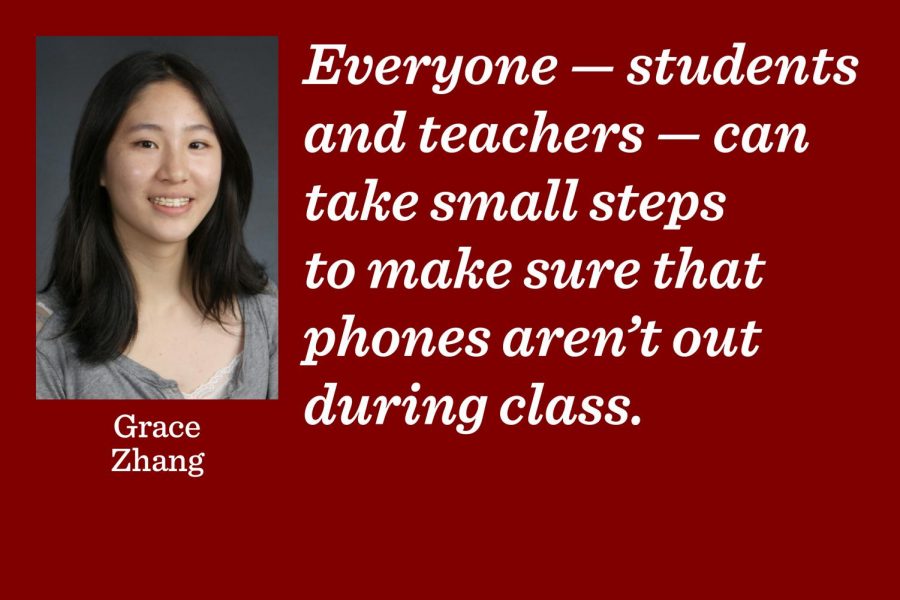



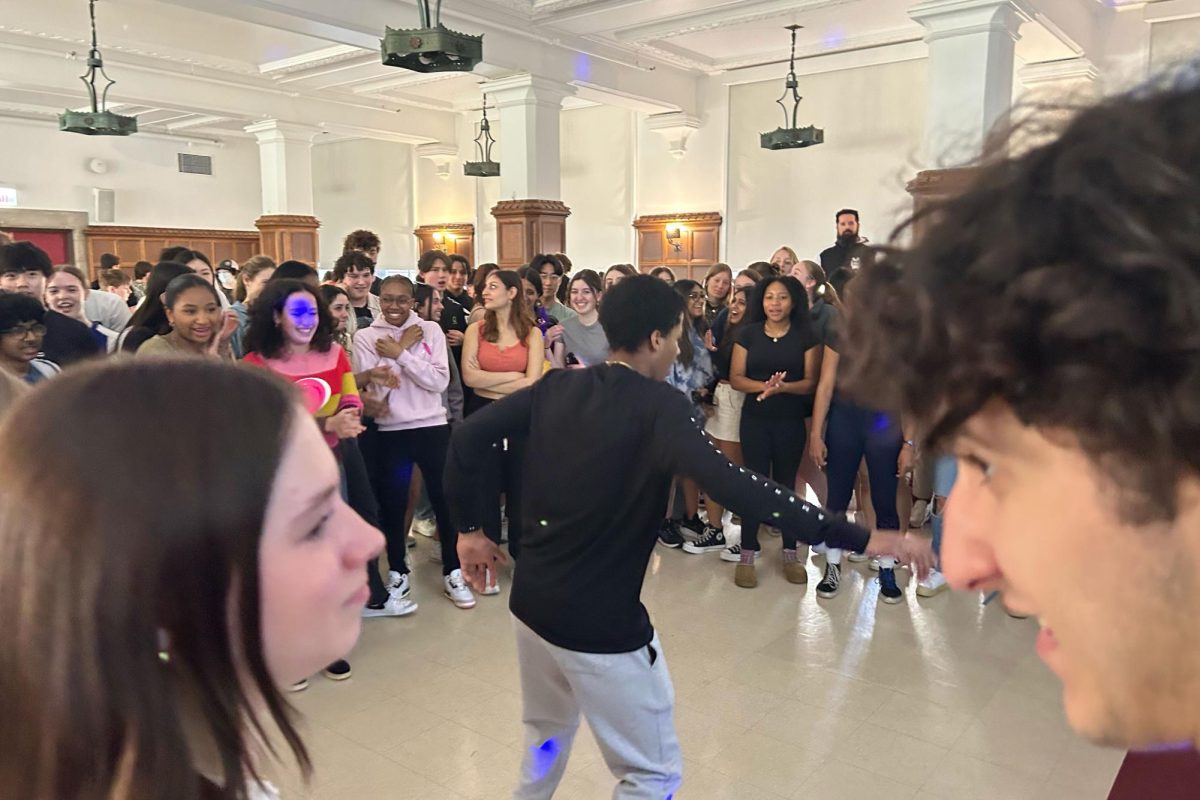
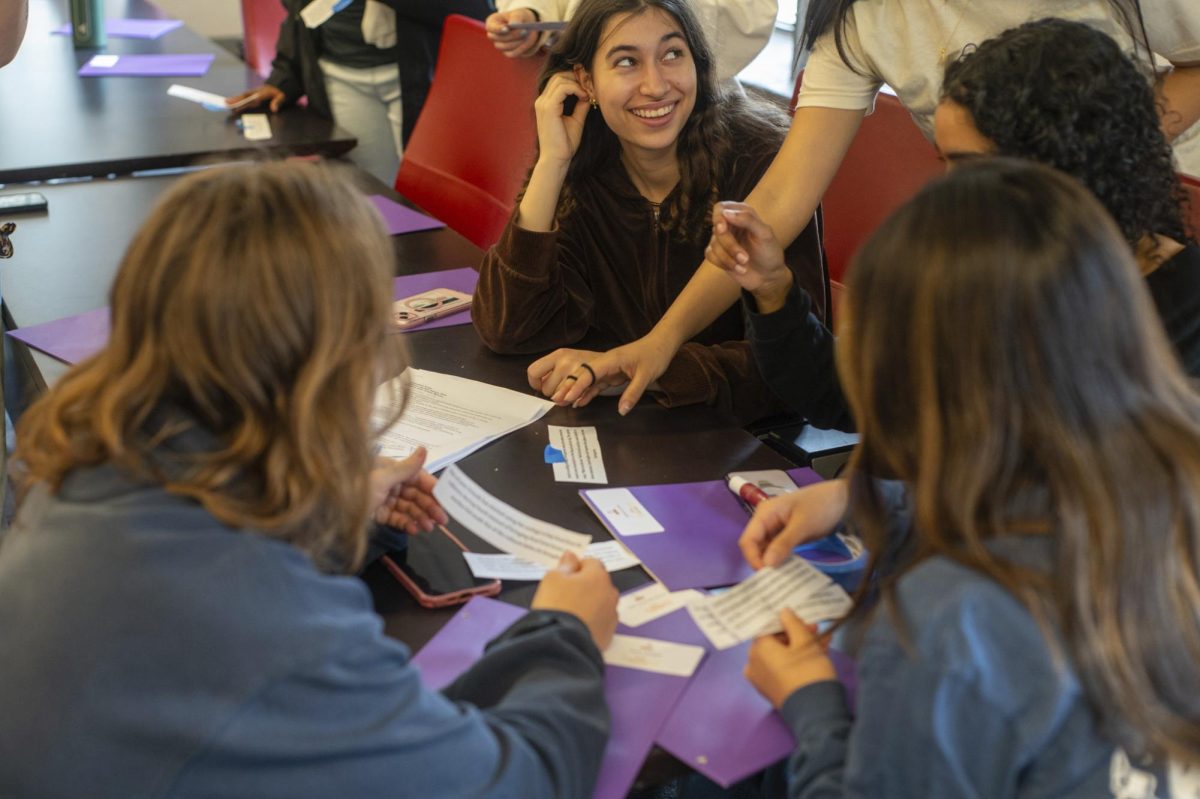



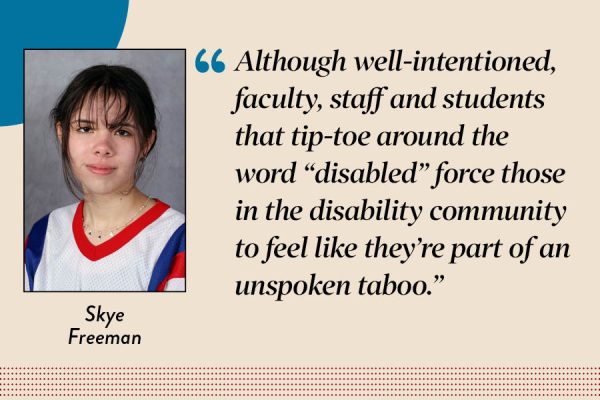

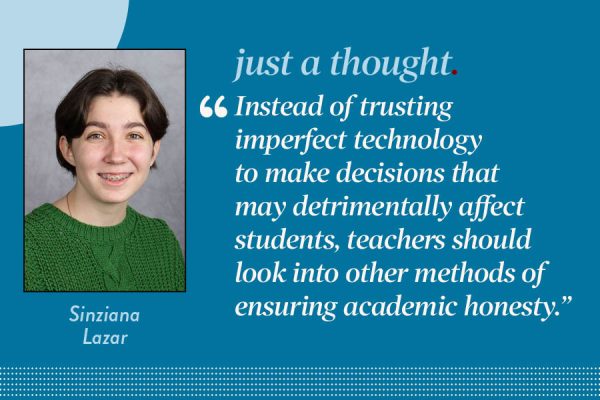

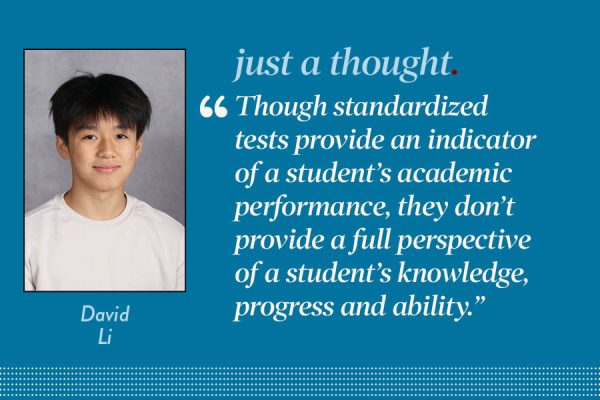


bill • Feb 3, 2022 at 12:54 pm
this makes no absolut since for u never gave a reson why it was disrespect ful
Nicholas W Connelly • Nov 17, 2021 at 1:21 pm
Just wonderful. Really gave me insight into why my disrespectful students are constantly using their phones. One of my students, lets call her Ally has been using her phone multiple times in class. I’ve asked her multiple times to put it away and he just won’t. My school has a policy that we can’t take students’ phones, so I’m not sure what to do. My only option at this point is to report it to the dean, but she gets good grades and I don’t want her to face further repercussions. Please let me know what to do. Thanks!